'When you hear about slavery for 400 years ... For 400 years? That sounds like a choice.'Rapper Kanye West’s interview on TMZ caused a furore on social media, with many accusing him of advocating for a ‘white freedom, a freedom without consequence’. We spoke about how vulnerability can birth lies and the difference between freedom, liberty and license with philosopher Lewis Gordon, one of the most prominent thinkers in black existentialism and post-colonial phenomenology.
—Paula Erizanu
What were your first thoughts when you read about Kanye West’s interview on TMZ?
I wasn’t surprised. But my response was a little different from other people, mainly because I knew his mother. From the moment his mother died — I saw her a few months before she went to LA, I was wondering how he’ll be dealing with the trauma. She was a presence. She was a professor of English. When I met her she had dreadlocks, like me. Then when she went to Los Angeles to be Kanye’s manager she straightened her hair, had all of these plastic surgeries done to her. I can imagine the grief he’s feeling because he too had liposuction, the procedure that killed her. You go to this narrow, narcissistic, shallow world of Los Angeles, the 'me-me-me' stuff and it kills your mother. I can imagine the grief and guilt that occasions. And there really has been a different Kanye since then.
If you think about the closeness of the relationship they had, it’s not going to take just a little time to get over it. I know from my own case that it took nearly a decade to get over a tragic loss. Unfortunately, we’re witnessing the unravelling of a person who’s dealing with public grief. So I am actually concerned for him.
It’s pretty clear that his psychological protection against vulnerability is to push himself to the level of a god. Beyond the marketing, I see this as a personal effort to articulate invulnerability.
People who build up an edifice of pleasing falsehoods to protect themselves eventually lose the connection to certain elements of truth.
Kanye falls into a very familiar logic to many successful black people. There is a tendency in a highly racist environment to treat black people who achieve a lot as exceptions. Many white people with extraordinary achievements would say ‘I individually am special’. But many black people with extraordinary achievements would say ‘I, individually, in being exceptional, am not like them.’
This plays into black conservatism. And white conservatives love it. One of the things that Kanye is doing is that he is sending the signals for access to a particular world of conservatism. When Kanye does these stupid tweets, Trump plays that role and says ‘I recognise you, you are not like others, you’re a smart one’, etc. Remember that when Trump got elected, Kanye said that he would like to run in the future. There is a narcissistic identification between the two.
___
"Many white people with extraordinary achievements would say ‘I individually am special’. But many black people with extraordinary achievements would say ‘I, individually, in being exceptional, am not like them.’"
___
What concerns me is the way in which many sectors in black communities talk about Kanye. We are living in retrograde neo-conservative times in which in order to achieve some sense of agency people are trying to rationalise self-degradation. So there is valorisation in how black people refer to each other with the n-word.







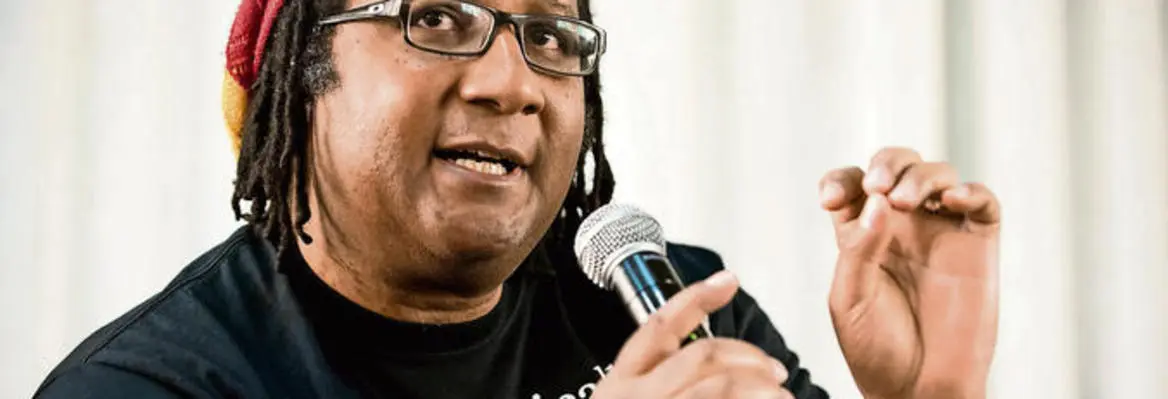



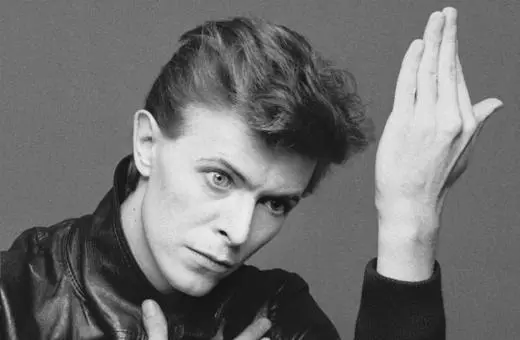
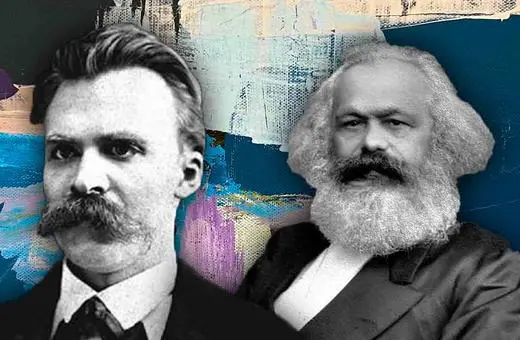
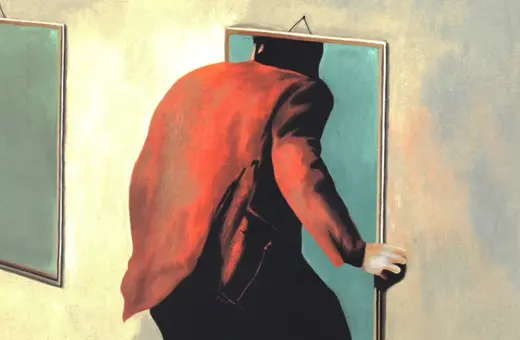

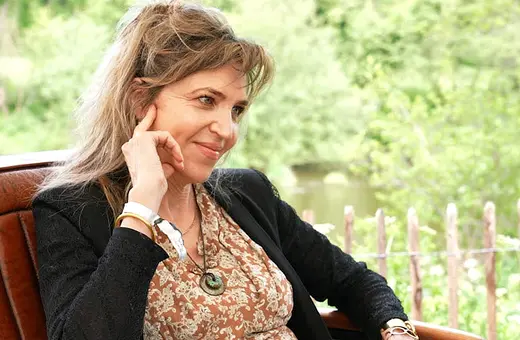

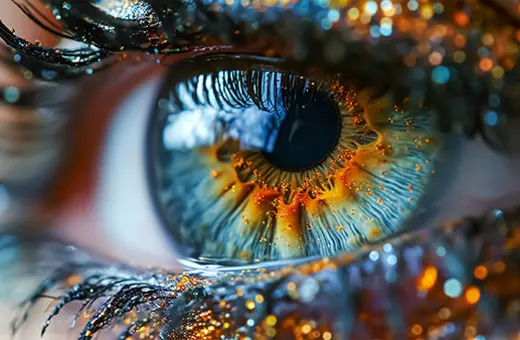



Join the conversation